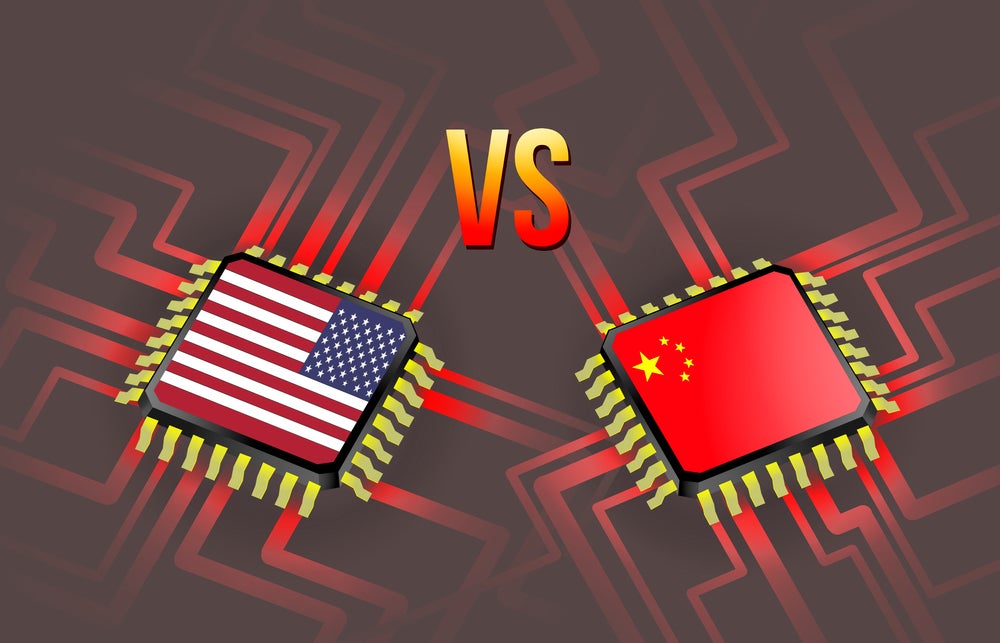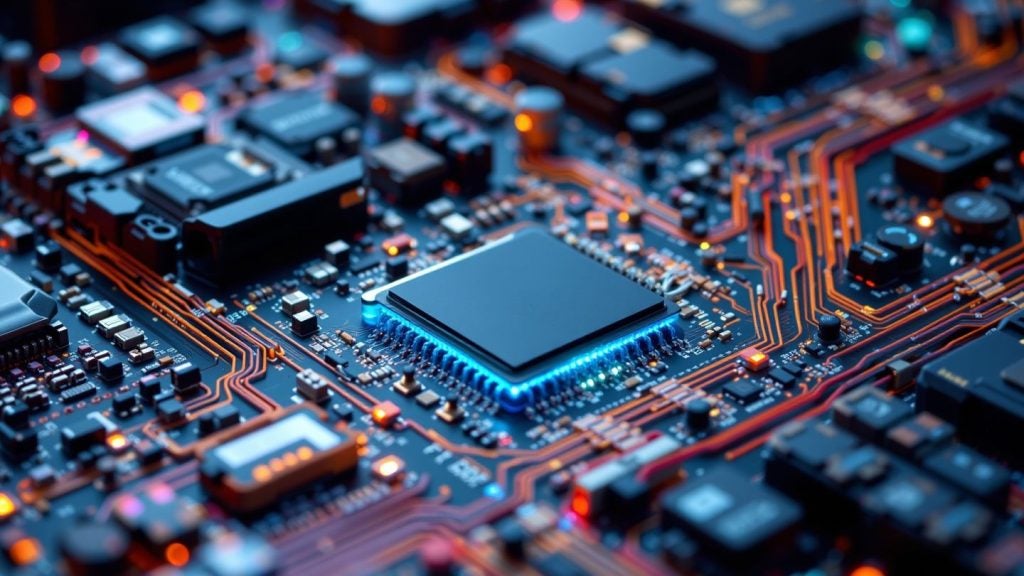The surging power demand from the rollout of Big Tech data centres to support artificial intelligence (AI) is giving a boost to the nuclear industry.
As a result, the tech sector has begun funding several nuclear supply projects, particularly small modular reactors.
Nuclear power overview
Nuclear power, the second largest source of low-emission power after hydropower, provides approximately 10% of the world’s electricity.
Growth within the nuclear power market has stagnated since the 1990s. However, there has been renewed interest following the outbreak of the Russia-Ukraine war. Many nations, particularly within Europe, want to reduce their reliance on Russian fossil fuel supplies. In 2022, members of the European Parliament voted in favour of classifying investments in nuclear power plants as sustainable and ‘green’.
In the US, nuclear power accounted for 19% of total energy produced in 2023. The relative success of nuclear power is attributed to the passing of the 2005 Energy Policy Act, which provided numerous incentives for producers of nuclear power and consumers alike.
Following some recent stagnation—and bolstered by bipartisan support—the Biden administration has pledged to increase domestic nuclear power capacity. In mid-2022, President Biden announced a $6bn package to support nuclear power plants struggling to compete with cheaper natural gas alternatives.
At COP28, the US signed the multi-country declaration to triple nuclear energy capacity globally by 2050, committing to developing new reactors and extending the service of the existing ones. To drive this, in May 2024, the Biden Administration announced the creation of a nuclear power project management and delivery working group. In addition, the Department of Energy Loan Programs Office committed $12bn for the Vogtle nuclear power plant in Georgia, the first new reactor built in the US in more than 30 years.
Small modular reactors explained: smaller, safer, and more efficient
GlobalData anticipates that 496GW of nuclear energy will be installed by 2035, an increase of 26% compared to the 2023 capacity of 391GW. A key nuclear development has been the increased investment in small modular reactors (SMRs) and microreactors. These can provide energy on a relatively small scale for towns, small cities, hospital buildings, or university campuses.
Operational SMRs and microreactors are currently scarce. However, proponents state that they are significantly cheaper and faster to build than conventional nuclear reactors and require less water. In 2023, the cumulative installed capacity for small modular reactors was around 281MW, of which 211MW is active in China, with the remaining 70MW in Russia. SMRs and microreactors have received increased support in the US, Canada, the UK, and France.
Landmark deals by Big Tech players
Big Tech knows that renewables and batteries will no longer provide sufficient cost-effective power, so nuclear energy is needed to power their energy-hungry AI data centres.
In October 2024, Google ordered six to seven SMRs from the California-based Kairos Power. The US Department of Energy is supporting this initiative by investing around $300m in Kairos’s Hermes project through its Advanced Reactor Demonstration Program. Google is now the first tech company to commission new nuclear power plants to supply its data centres.
In September 2024, Microsoft announced its commitment to purchase a 20-year supply of electricity from the Three Mile Island nuclear plant in Pennsylvania, leading to its reopening by Constellation Energy.
Meanwhile, Amazon is buying a stake in US nuclear developer X-energy as part of a collaboration with SMRs to provide low-carbon electricity for its data centres. Together, Amazon and X-energy aim to bring over five gigawatts of SMR-generated power online by 2039, enough to power four million homes.
There has been a shift toward alternative and more effective cooling methods for nuclear reactors, instead of water. Kairos has developed a reactor cooled by molten fluoride salt instead of water, while X-energy, backed by chemical giant Dow, has created a reactor that uses helium gas to remove heat from the core. We are likely to see more of these new cooling technologies in the future.
Big Tech and regulatory compliance
While not the focus of this article, it’s important to note that nuclear power remains a highly controversial topic, sparking intense debate for many years due to the associated risks.
Given the dangers and past events, ensuring these reactors are safely built is of paramount concern. Globally enforced agreements and regulatory oversight will play a crucial role in maintaining safety standards.
Additionally, the impact of regulatory efforts may depend on whether Big Tech companies cooperate voluntarily. If they don’t, the question arises: is there enough political will to ensure their compliance?









